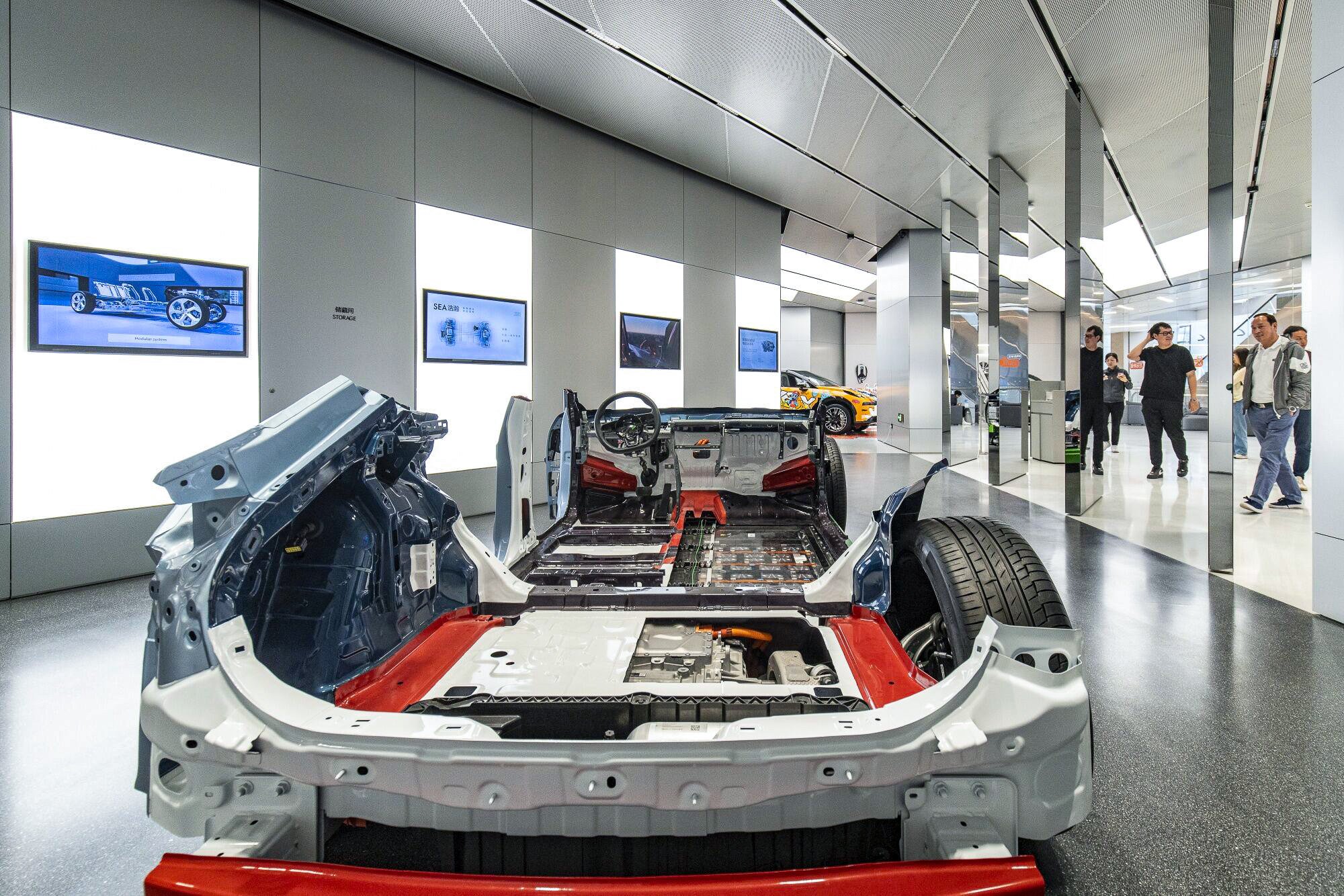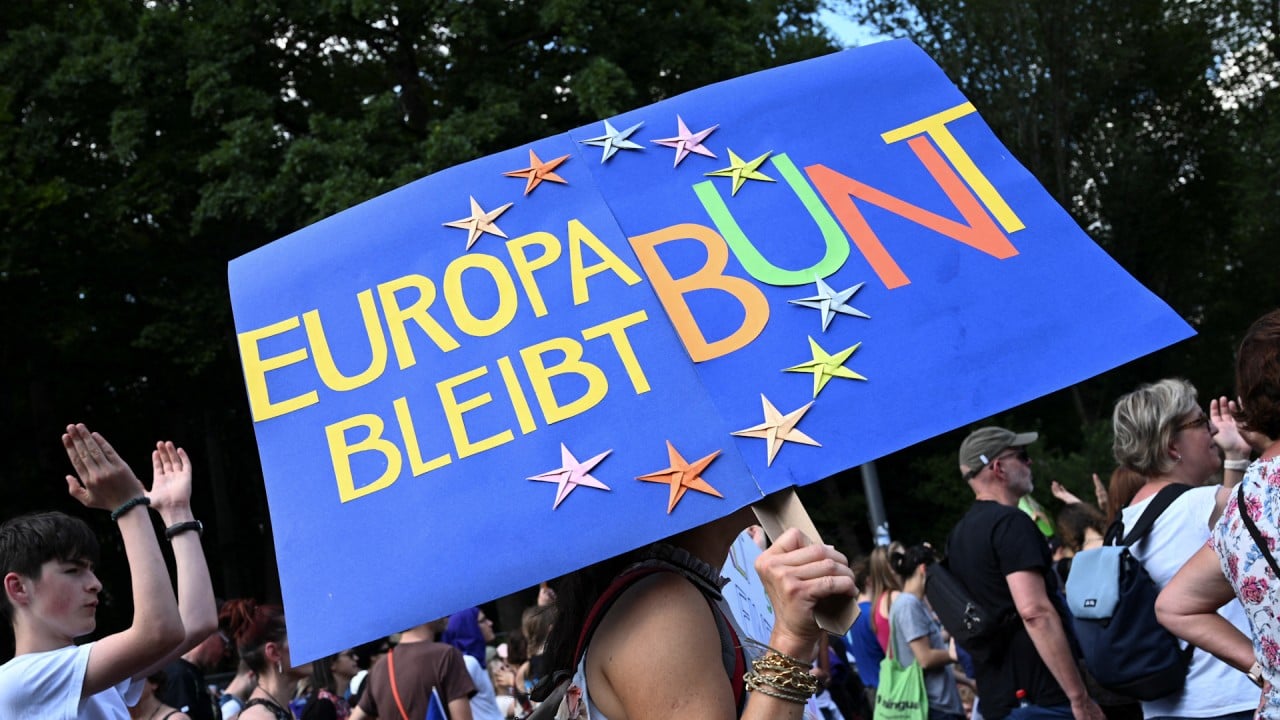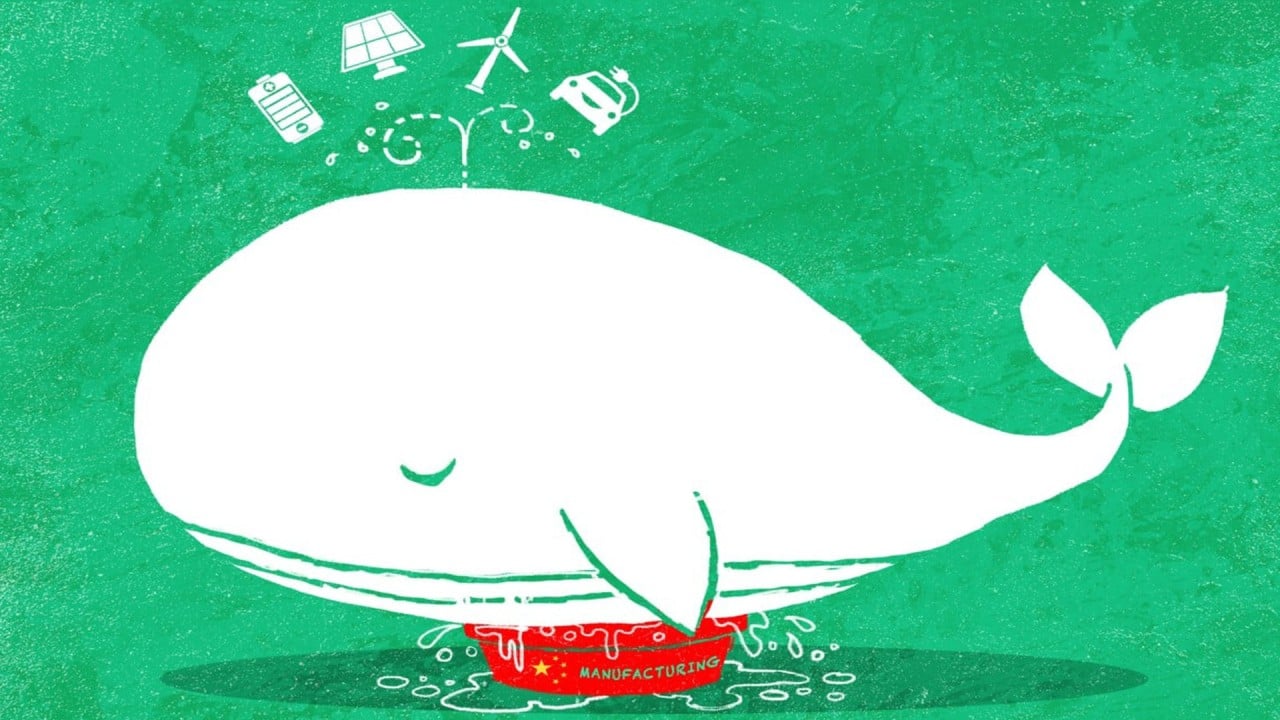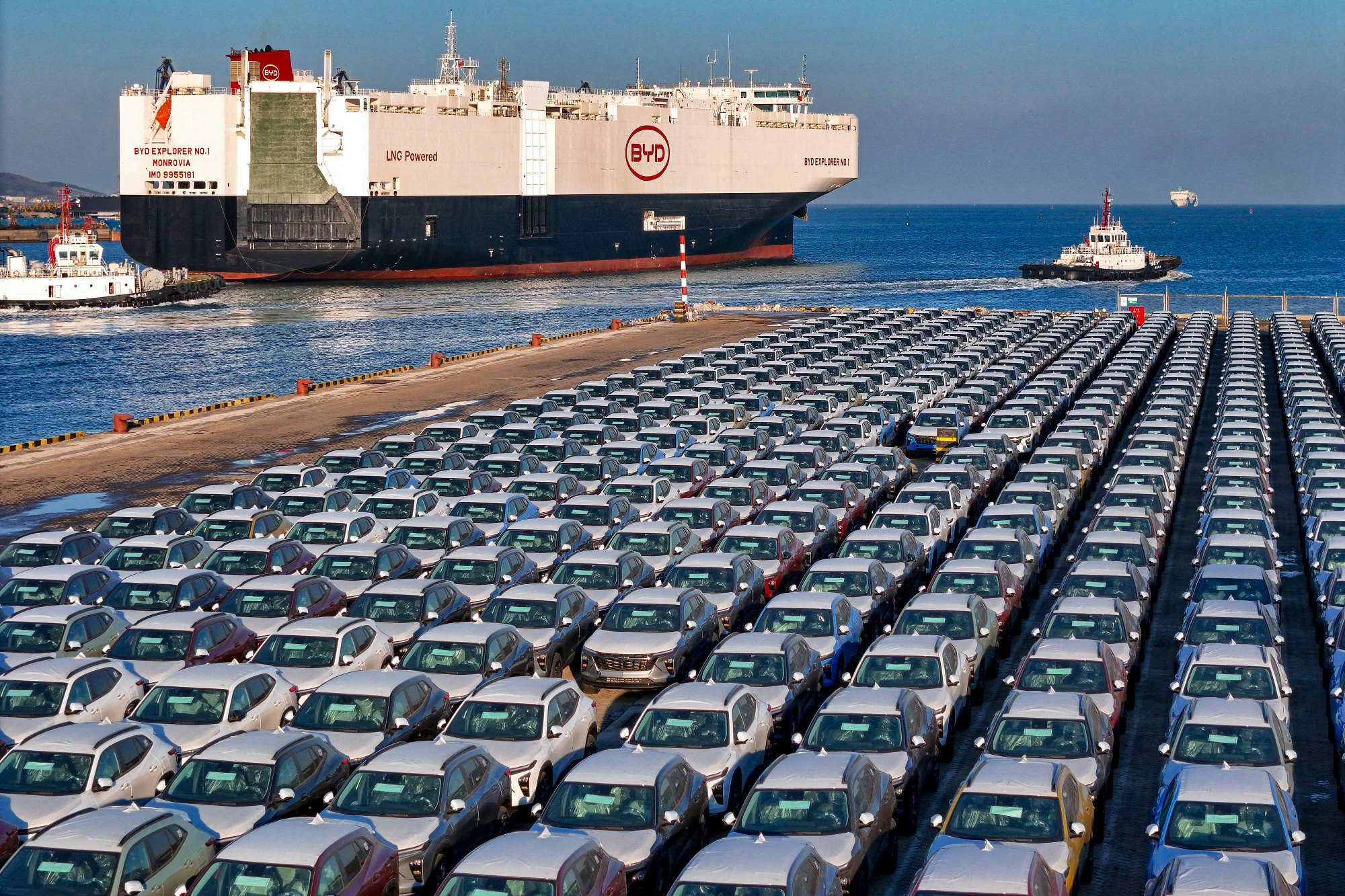
Title: Inside the EU's Probe into Chinese EV Subsidies: A Game Changer for the Global EV Market
Lead: The European Commission's investigation into Chinese subsidies for electric vehicle (EV) manufacturers has sent shockwaves through the global EV industry. With tariffs set to be imposed on Chinese imports, how will this impact China's dominance in the sector? And what does it mean for European and American players? In this article, we delve into the facts and implications of this landmark probe.
Fact 1: The Chinese government subsidizes the entire EV supply chain The Chinese government provides subsidies to all operators in the EV supply chain, from lithium refining to battery production and cells, as well as battery electric vehicle (BEV) manufacturing. This support extends even to the transport of BEVs to EU markets.
Fact 2: Chinese companies' market share surge in Europe Between January 2020 and September 2023, Chinese companies increased their EU market share from 4% to a staggering 25%, while local rivals' shares dropped from a commanding 69% to almost 60%. This trend has raised concerns about fair competition and the potential impact on European economies.
Fact 3: China's 'world factory' strategy may not be sustainable for EVs China is known as the world factory for producing affordable goods quickly. However, this pricing advantage may not be enough to sustain Chinese carmakers in the long run. Product quality, technology, and brand awareness are crucial factors that will determine their success.
Background: The European Commission's investigation into Chinese subsidies for EV manufacturers was launched in response to concerns about unfair competition and potential economic injury to EU producers. The probe found that China's support for its domestic EV industry violated World Trade Organization rules, leading the EU to impose tariffs on Chinese imports.
Implications: The tariffs will significantly impact Chinese EV makers, who have relied heavily on exports to Europe. They will need to adapt quickly by focusing on product quality and technology development in order to remain competitive. European and American players, meanwhile, stand to benefit from the level playing field created by the investigation.
Bias: It is important to note that this article does not hold a bias towards any particular political or ideological stance. The facts presented are based on reliable sources and aim to provide a comprehensive understanding of the situation.




